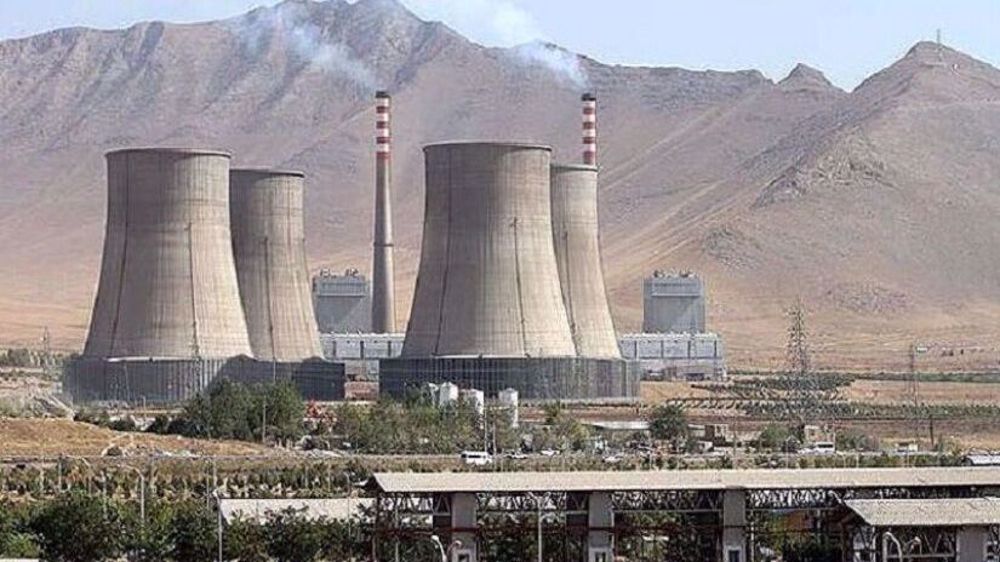Trade tariff war with US pushing Chinese oil buyers to Iran
Indications are growing that Chinese companies are scrapping plans to purchase oil from the United States and are instead turning to Iran for imports in what appears to be a result of escalating trade tariff war between Beijing and Washington.
Sinopec, Asia’s top refiner, was quoted by media as announcing that it planned to limit purchases of oil from the US and that it would instead increase imports from Iran.
Sinopec would continue to buy Iranian oil on fears that China would impose tariffs on US oil imports, Asia Times quoted an unnamed company executive as saying.
The report further added that many other Chinese companies were also planning to limit their oil imports from the US in favor of bigger purchases from Iran.
China, the world’s top crude oil buyer and Iran’s biggest client, imported around 655,000 barrels a day on average from the Islamic Republic in the first quarter of this year, according to official Chinese customs data. The figure was equivalent to more than a quarter of Iran’s total exports over the period, media earlier reported.
Sinopec and state-oil trader Zhuhai Zhenrong Corp already account for close to 90 percent of China’s total Iranian oil purchases collectively. State oil group CNPC buys the rest, according to a recent report by Reuters.
Last week, China’s biggest refiner ShanDong Dongming Petrochemical Group also announced that it had halted crude oil purchases from the US and instead turned to Iran for imports.
The announcement – as reported by Russia Today – came amid escalating tensions between Beijing and Washington over trade tariffs.
RT added in its report that the company’s decision came as Chinese authorities were planning to impose tariffs on US crude imports and replace them with oil from West Africa and the Middle East, including Iran.
It also highlighted an announcement by Beijing that it was not going to fall into line with US sanctions banning business with the Islamic republic.
China is America’s second-biggest crude-oil customer with exports reportedly totaling 400,000 barrels a day at the beginning of July. However, in response to the latest US tariffs on Chinese goods, Beijing slapped American crude imports with a 25-percent levy, RT further wrote.
US tariffs of 25 percent on $34 billion of Chinese imports took effect on July 6. The Chinese government retaliated with duties on the same value of US imports, ranging from soybeans to cars, and has vowed to respond proportionately to any new US tariffs.
Shortly after that, President Donald Trump said the US could impose tariffs on more than $500 billion worth of Chinese goods, while his administration has prepared a new $200 billion list of Chinese products that could be levied with 10-percent tariffs.
Pezeshkian: Iran resolved to complete North-South Transport Corridor
VIDEO | Iran-Syria: For Resistance
Qassam Brigades claims killing 3 Israeli troops in northern Gaza
More alive than ever: Sayyed Hassan Nasrallah's legacy grows stronger in martyrdom
Occupation of Syria’s highest peak Mount Hermon part of ‘Greater Israel’ project
Iran: Syrian people will decide their future without foreign interference
IRGC says Iran’s power exceeds borders, warns enemies to adjust themselves
Dozens detained, several wounded in Israeli raids in West Bank












 This makes it easy to access the Press TV website
This makes it easy to access the Press TV website